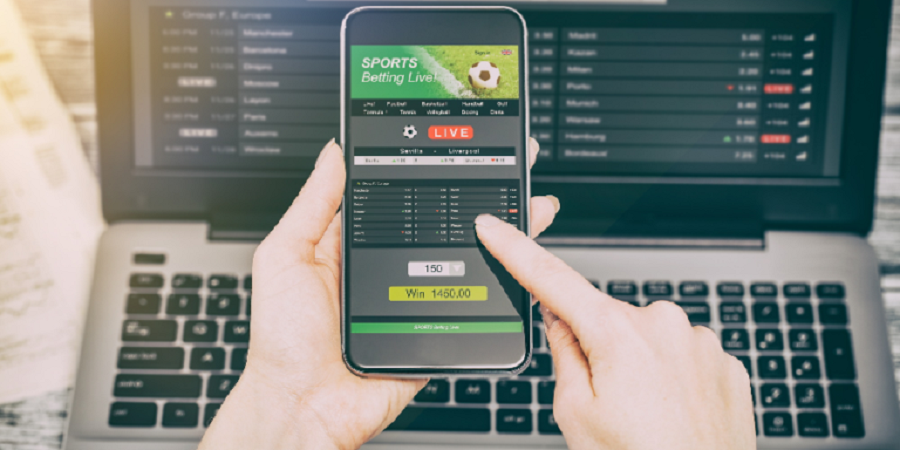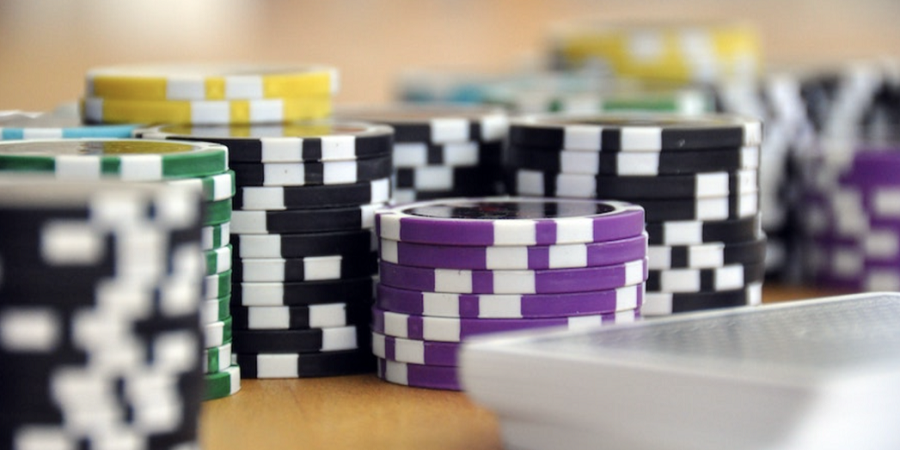In sports betting, cognitive biases become particularly treacherous, creating a perfect storm of irrational decision-making even for those who bet at the best online bookmakers. These mental shortcuts, where we interpret information through personal beliefs and experiences, can act as invisible puppet masters controlling bettors’ choices.
Think of cognitive biases as wearing tinted glasses while analyzing sports data – everything gets filtered through your preferences, past experiences, and emotional attachments. This distortion becomes exponentially dangerous when real money is at stake.
The Gambler’s Fallacy
This cognitive trap manifests when bettors mistakenly believe that previous independent events influence future outcomes. Through extensive research of online betting behaviors, I’ve witnessed how this bias can transform rational individuals into probability-blind gamblers.
| Betting Pattern | Perceived Probability | Actual Probability |
| After 3 Wins | Lower chance of winning | Unchanged |
| After 3 Losses | Higher chance of winning | Unchanged |
| Mixed Results | Pattern-seeking behavior | Random distribution |
This presents a fascinating paradox: while bettors often adjusted their strategies based on previous outcomes, they consistently misinterpreted the significance of winning and losing streaks. This led to a peculiar phenomenon where their attempts to outsmart probability actually created self-fulfilling patterns in their betting behavior.
- Bettors frequently decrease stake sizes after wins, fearing their “luck will run out”
- Risk-taking typically increases after losses, driven by false pattern recognition
- Most punters incorrectly believe they can “sense” when a streak will end
- Market odds are often misinterpreted as probability indicators
- Consistently successful bettors demonstrate better loss control strategies
What makes this fallacy particularly dangerous is how betting markets dynamically adjust. While you’re busy analyzing past patterns, bookmakers like Bet365 or 1win are continuously updating their odds based on new information. This means any perceived pattern you’re chasing has likely already been priced into the market.
The reality? Each bet stands alone as an independent event. Your previous wins or losses have absolutely no bearing on future outcomes. Interestingly, our research shows that some bettors who consistently outperform others do so through better loss control rather than following perceived patterns. Understanding these fundamental truths is crucial for developing a rational betting approach based on current data rather than historical patterns.
The Bandwagon Effect
The Bandwagon Effect is one of the most pervasive psychological forces in sports wagering. This phenomenon occurs when bettors abandon their analytical judgment in favor of following popular opinion, often with devastating financial consequences.
| Crowd Behavior | Impact on Betting | Risk Level |
| Media Hype | Overvalued Favorites | High |
| Social Media Trends | Skewed Odds | Severe |
| Expert Consensu | Market Inefficiency | Moderate |
While collective wisdom can occasionally yield insights, our research reveals how the Bandwagon Effect frequently distorts betting markets. This effect is particularly pronounced during derby matches and championship finals.
- Public betting creates artificial line movements, with popular teams seeing odds shift by up to 20%
- Social proof often overrides analytical reasoning, especially in high-profile matches
- Media narratives amplify cognitive distortions, influencing more than half of casual bettors
- Time pressure compounds groupthink tendencies, peaking 2-3 hours before kickoff
- Contrarian opportunities emerge from mass behavior, offering value odds for disciplined bettors
The most insidious aspect of the Bandwagon Effect is its self-reinforcing nature. As more bettors jump on popular wagers, the perceived validity of these bets increases, creating a dangerous feedback loop.
To combat this bias, successful bettors must develop systematic approaches that prioritize objective analysis over popular sentiment. This means establishing rigid criteria for bet selection and maintaining unwavering discipline when market hysteria peaks.
Hindsight Bias
Throughout my years studying betting behavior, I’ve encountered no cognitive trap more seductive than hindsight bias – what I call “the retrospective gambler’s curse.” This psychological phenomenon manifests when bettors convince themselves they “knew it all along” after an event unfolds, leading to dangerous overconfidence in future predictions.
- Bettors consistently overestimate their predictive abilities after viewing results
- Post-match analysis often creates false narratives about “obvious” outcomes, leading to flawed future strategies
- Previous correct “predictions” fuel dangerous overconfidence, significantly increasing average bet sizes
- Memory reconstruction skews perception of past betting decisions
- Social media amplifies revisionist thinking through selective memory sharing, creating echo chambers of misconception
Consider the classic example: A football match ends 2-1, and suddenly everyone “knew” the underdog would win because of their “superior midfield control.” Yet pre-match discussions rarely highlighted this factor. This retroactive rationalization creates an illusion of predictability in an inherently uncertain environment, setting up future betting disasters.
The antidote? Rigorous documentation of pre-match predictions and thorough analysis of betting rationale before knowing outcomes. Only by confronting our predictive limitations can we develop more rational betting strategies based on objective data rather than reconstructed memories.
Overcoming Cognitive Biases
While we can never completely eliminate cognitive biases from betting decisions, implementing systematic safeguards can minimize their impact. Research shows that successful bettors consistently outperform through better loss control and data-driven approaches.
- Document all bet rationales before and after results in a detailed journal
- Set non-negotiable bankroll limits to prevent emotional decisions
- Create mandatory time delays between bet identification and placement
- Develop quantitative models based on statistical analysis
- Validate all decisions against objective market data
The key lies in building decision-making frameworks that prioritize statistical evidence over intuition. Professional bettors who consistently succeed share one trait: they rely on systematic approaches that minimize cognitive interference. The goal isn’t perfection, but steady improvement in rational decision-making.










